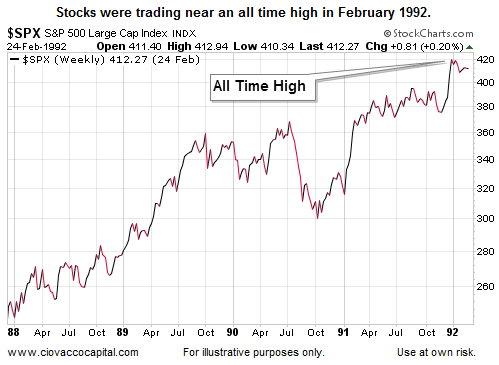Understanding US Stock Market Hours: A Guide for Investors

Introduction to US Stock Market Hours
The hours of operation for the US stock market are crucial for investors and traders globally. These hours dictate when stocks can be traded and can significantly influence market volatility, liquidity, and price movements. Knowledge of these hours is essential for effective trading strategies, especially in a fast-paced and interconnected global economy.
Regular Trading Hours
The US stock markets operate primarily on weekdays, excluding holidays. The New York Stock Exchange (NYSE) and the Nasdaq Stock Market, which are the two largest stock exchanges in the United States, have regular trading hours from 9:30 AM to 4:00 PM Eastern Time (ET). During these hours, investors can buy and sell stocks at official prices, ensuring maximum liquidity and engagement.
Pre-Market and After-Hours Trading
In addition to regular trading hours, many investors opt to trade in the pre-market and after-hours sessions. Pre-market trading generally runs from 4:00 AM to 9:30 AM ET, while after-hours trading takes place from 4:00 PM to 8:00 PM ET. However, these trading sessions often have lower volume and higher volatility, making it riskier for investors who want to react to news or earnings reports that are released outside of standard hours.
The Importance of Market Hours
Understanding stock market hours is important for several reasons. First, trading at optimal hours can help investors get better prices, particularly in highly volatile markets. Second, during off-hours, stocks may react sharply to news events, earnings announcements, or geopolitical developments, impacting the next day’s trading. Lastly, knowing the hours can help investors manage their portfolios effectively and avoid potential losses due to missed trading opportunities.
Conclusion and Significance for Investors
In conclusion, knowledge of US stock market hours is integral for anyone looking to engage in trading or investing. Familiarity with regular, pre-market, and after-hours trading can empower investors to make more informed decisions and adapt to market changes quickly. With the advent of technology, many investors are now able to trade outside of traditional hours, but it’s essential to weigh the risks and benefits of such decisions. As the financial landscape continues to evolve, staying updated on trading hours could become increasingly significant for successful investment strategies in the future.









